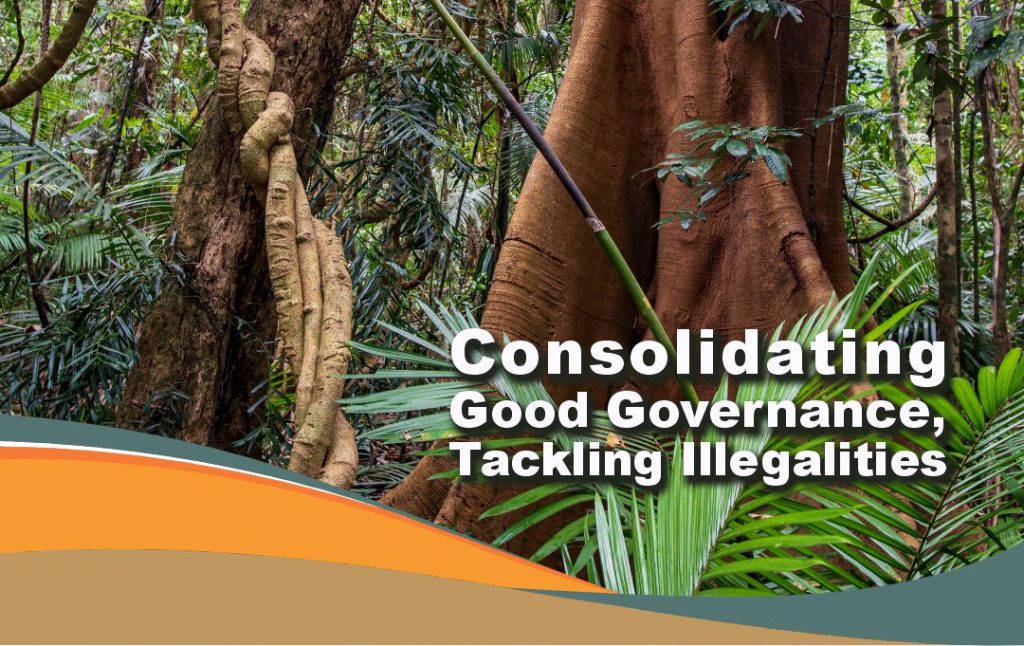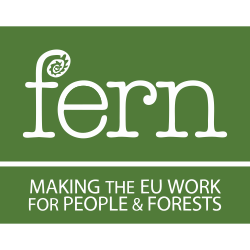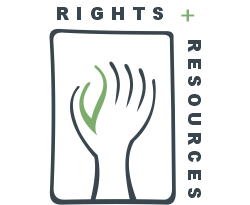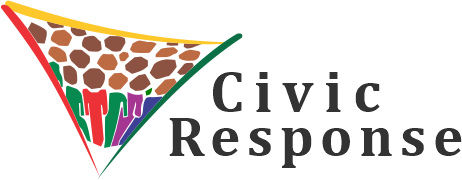The provisions of Article 267(6) of the 1992 Constitution of the Republic of Ghana stipulate the framework for benefit sharing of revenue accruing from timber exploitation. It states the beneficiaries as the Office of the Administrator of Stool Lands (OASL), Stool Lands Owners, Traditional Authorities (TA) and District Assembly (DA) with their respective percentage shares. It provides explicitly that after the retention of 10% payments due OASL, the Stool Lands, Traditional Authority and the District Assembly within the area of operation shall receive 25%, 20% and 55% respectively of the remaining revenue.
The 1992 Constitution is however silent on the specific use of the timber royalties by the District Assemblies. It is however presumed that the District Assemblies are to use them to ensure positive socio-economic benefits to the local areas from where the timber is exploited, and thus ensure collaborative management interventions with the local populace towards the sustainability of the forest resources. The non-prescription of the specific use for these timber royalties has resulted in the non-fulfilment of this intended purpose. In addition, there is the absence of any Legislative Instrument (L. I) or Guidelines that define how these timber royalties should be used. Studies conducted have also shown that most District Assemblies apply timber royalties as part of their recurrent expenditure rather than contributing to the District Assembly’s development agenda.
The potential for timber royalties to significantly impact positively on local development is not fully realized due to several reasons stemming from the absence of a framework for their utilization by the Metropolitan, Municipal and District Assemblies (MMDAs).

This invariably results in inequity in the benefit sharing in the forest sector which contributes to poverty and a lack of sustainable development. It stands to reason therefore that, the provision of an appropriate framework for the utilization of timber royalties will bring transparency and satisfaction among the local beneficiaries of timber royalties.
- Reduction in illegal deforestation through improvements in forest governance
- Ghana VPA Implementation- Improvement in benefit sharing arrangements, legal and governance reform in Ghana’s forest sector.
- Ghana’s FLEGT license system is transparent and compliant with national laws reflecting a reduction in forest illegalities
- Implementation of land and tree tenure policy
- “Guidelines for the Utilization of Timber Royalties by Metropolitan, Municipal and District Assemblies (MMDAs) in Ghana” document developed. (Download Here (link)
Consolidating Good Governance, Tackling Illegalities project is a project funded by Fern (based in Brussels and London).
Donors & Partners




- No. 9 Hibiscus Road, East Legon
-
P.O. Box LG 1086, Legon,
Accra – Ghana - Tel.: +233 302 521 905
- info@civicresponsegh.org
